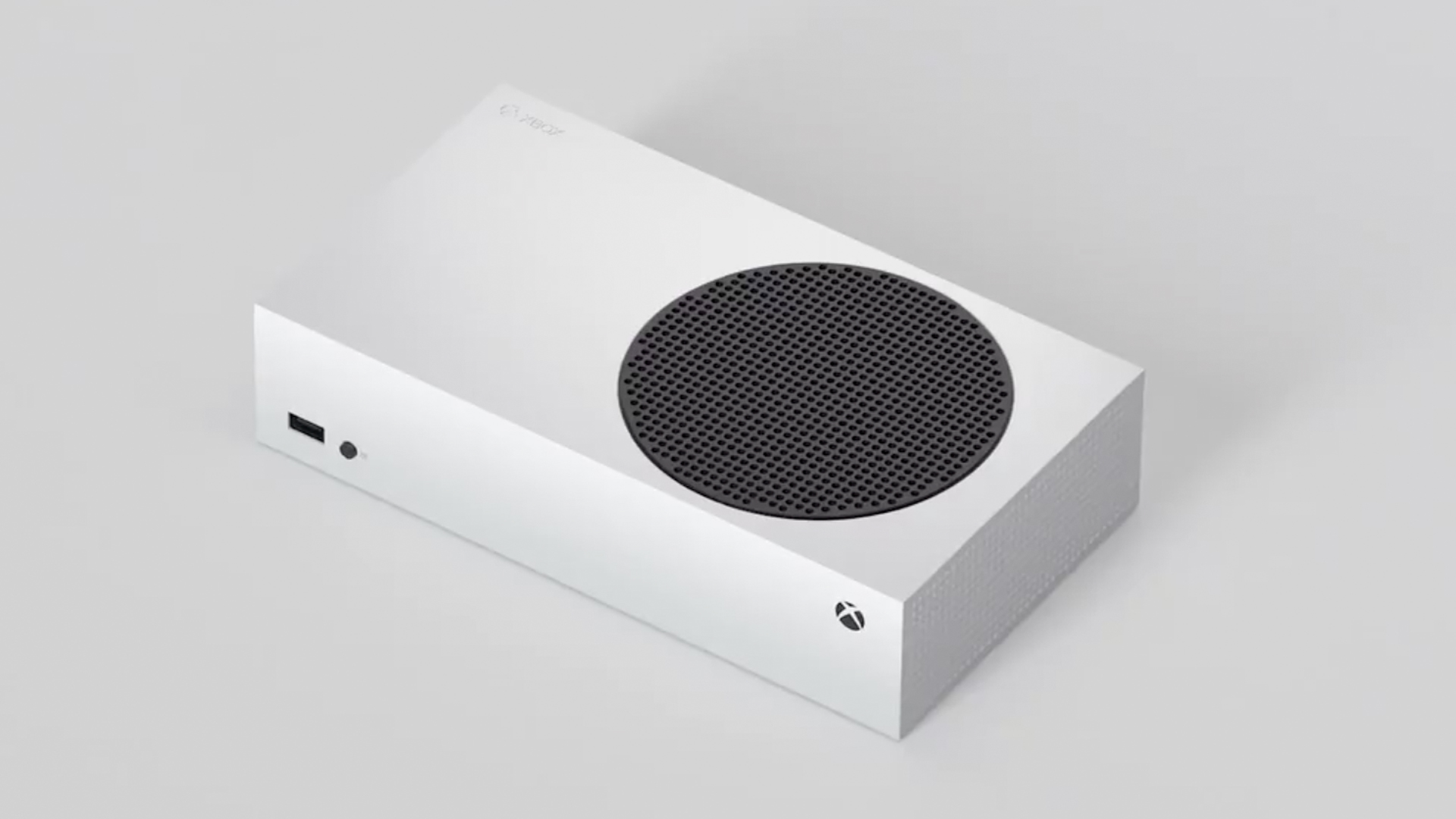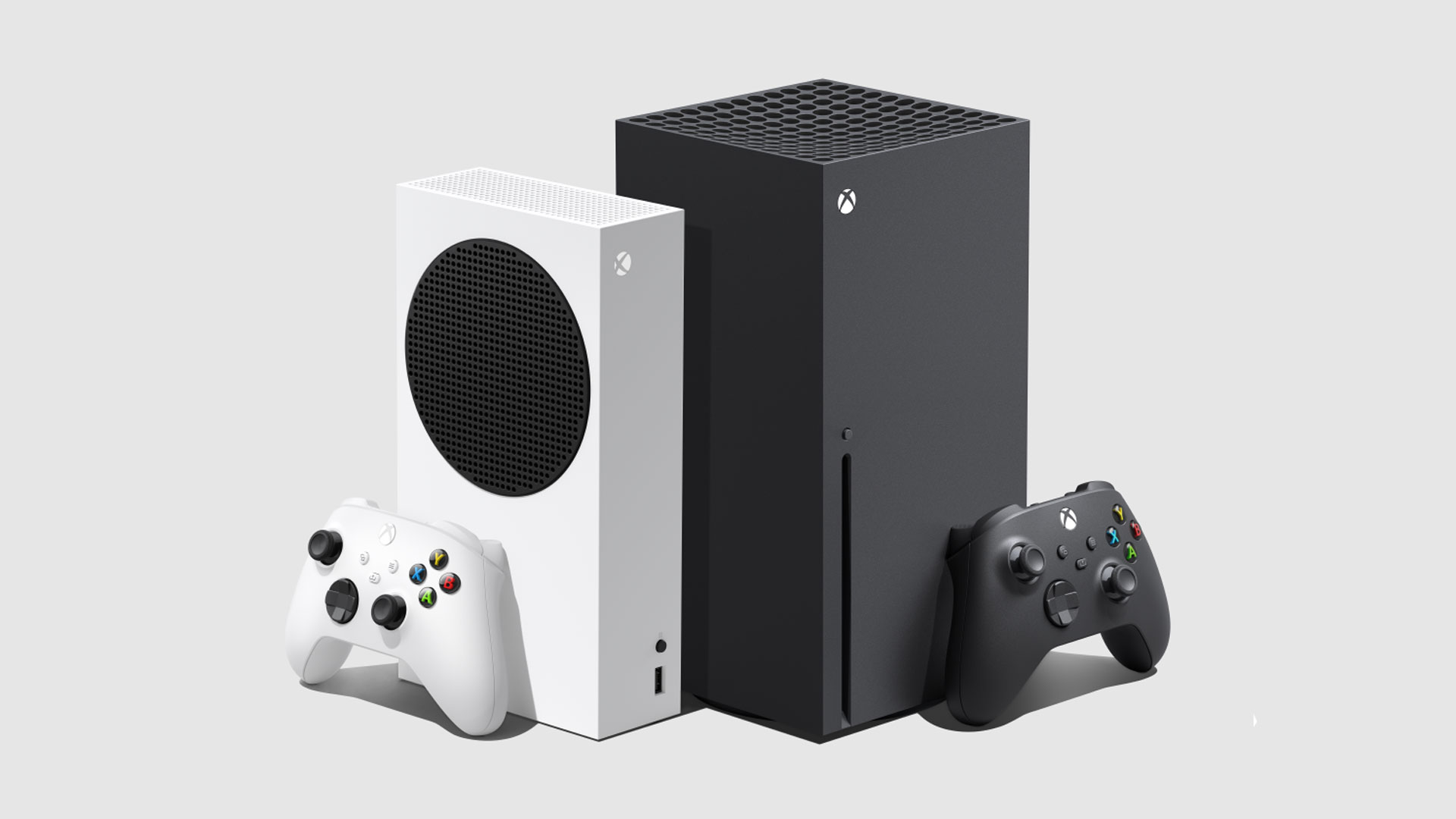Developers say Xbox Series S could hold back multiplatform games: "Min spec matters"
The realities of Xbox Series S scaling remain to be seen

Some game developers have suggested that the lower specs of the Xbox Series S could burden multiplatform games, but the impact the console has on next-gen development remains to be seen.
Update: The principal engine programmer at id Software has shared what may be the keenest developer frustration about Xbox Series S' specs yet. Speaking on his personal Twitter account, id's Axel Gneitling (one of the folks most directly responsible for making Doom Eternal look good and run smoothly on a technical level) explains how the one system could hold back the possibilities of next-gen games that are built for multiple platforms.
Gneitling pointed to the "almost non-existent" RAM increase from current-gen systems to Xbox Series S as a major pain point.
Also "it always scaled on PC" is nonsense. Every AAA game in the past decade or so has their assets made once so they run on min spec. Increasing sample counts a bit here and there for high settings isn't what you could truly have done with more power. Min spec matters.September 10, 2020
RT BVHs are raytracing bounding volume hierarchies, by the way. Tech intricacies aside, they help make ray tracing - one of the defining features of next-gen graphics - work.
The relatively low specs of Xbox Series S make a difference for all next-gen multiplatform games, Gneitling says, because the developers of such games must always meet the lowest-common-denominator 'minimum spec'. Since Xbox Series S' RAM is mostly the same as current-gen, Gneitling feels that will inevitably hold back what multiplatform developers can do with all next-gen systems: "Increasing sample counts a bit here and there for high settings isn't what you could truly have done with more power. Min spec matters."
Original story follows
Technical producer Sasan Sepehr of Control developer Remedy suggested that the Xbox Series S could lead to "trouble" due to "game optimization" issues. In other words, getting games to run on both the Xbox Series S and the Xbox Series X will create more work developers, and could lead to some headaches.
Sign up to the GamesRadar+ Newsletter
Weekly digests, tales from the communities you love, and more
Similarly, multiplayer designer David Mickner of Call of Duty's Infinity Ward said that, while the Xbox Series S is an incredible value, "[Microsoft is] releasing a lower spec console that will serve as a bottleneck". Mickner's comments were posted on September 8, on the back of the Series S leak but before the official spec reveal, but this argument is still reasonable. He also added that the "transition into next-gen is always bottlenecked by last gen for a while," which is especially relevant given how the Xbox Series S compares to the now-discontinued Xbox One X.
So, where is all of this coming from? Granted, 'all of this' is just two Twitter statements, which is a pretty small sample size for developer feedback. However, the idea of Xbox Series S limiting next-gen games is something we've heard before and it will be an important talking point as the next generation kicks off and other developers weigh in. The Series S is, by design, the overall weakest next-gen console, and games must account for the weakest specs available.

Per our Xbox Series X vs Xbox Series S comparison, the Series S has a considerably weaker GPU, as well as markedly slower and less RAM available. However, its CPU is almost identical to the Xbox Series X, and its SSD boasts the same speeds but a lower capacity (with the same expansion cards available). As such, Microsoft has positioned the Series S as a 1440p option for next-gen gaming, promising that all Series X games will be supported and run well, albeit at a lower resolution. Xbox boss Phil Spencer also addressed optimization concerns directly in a recent blog post:
"In speaking to game developers, we identified the areas that are most difficult to scale effectively," he said, "including the CPU and I/O, and made it easy to include Xbox Series S for developers who are targeting their experiences for Xbox Series X." Said differently, Xbox is confident that preserving CPU and SSD performance between Series S and Series X will prevent the most serious performance hangups.
The very existence of the Series S will inevitably lead to additional optimization work for developers, but the difficulty of that work and its potential impact on the Series X versions of next-gen games remains to be seen. And as Mickner pointed out, that may not be truly seen for a while since cross-gen games will already be balancing weaker consoles for the next few years.
Xbox Series X retail box makes next-gen feel like it's finally happening.

Austin has been a game journalist for 12 years, having freelanced for the likes of PC Gamer, Eurogamer, IGN, Sports Illustrated, and more while finishing his journalism degree. He's been with GamesRadar+ since 2019. They've yet to realize his position is a cover for his career-spanning Destiny column, and he's kept the ruse going with a lot of news and the occasional feature, all while playing as many roguelikes as possible.


